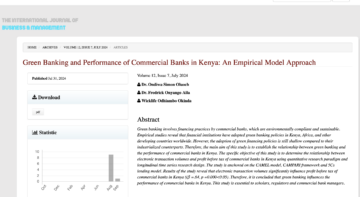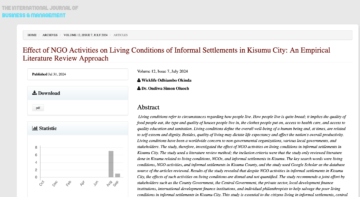The global challenge of evidence-informed policy-making in health is perpetuated by the gap between researchers and policy-makers.1 2 Knowledge translation (KT) addresses this gap by promoting interactions that encourage policy-makers’ responsiveness to research and researchers to conduct policy-relevant research.3 The WHO supports global KT efforts through the Evidence-informed Policy Network that encourages countries to establish KT platforms (KTPs).4 For example, platforms such as immunisation advisory groups have been instrumental in influencing immunisation country policy changes through evidence promotion.5 Specific to vector control (VC), the WHO developed the Global Vector Control Response to guide the implementation of VC through stakeholder integration and evidence-use.6
This paper reports on experiences from a multicountry partnership aimed at setting up platforms for increasing evidence-use in national policy-making for vectorborne diseases (VBDs). We explored how context and targeted capacity strengthening efforts in policy engagement and evidence uptake shaped the establishment of Technical Vector Control Advisory Groups (Groups) as KTPs in Burkina Faso, Cameroon and Malawi.
Authors:Chikondi Andrew Mwendera1,Themba Mzilahowa2, Flobert Njiokou3, Sagnon N’falé4, Jessica Amegee Quach5, Edward Thomsen1, Roch Dabire6, Hilary Ranson1, Nurudeen Alhassan7, Rose Oronje8, Eve Worrall1
Full Text Link: https://gh.bmj.com/content/7/5/e008378
Related Publications





